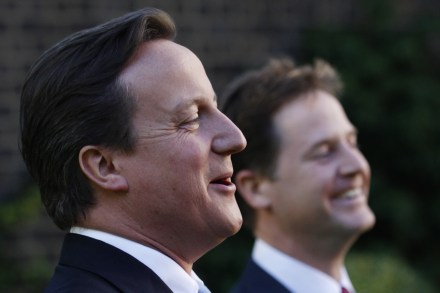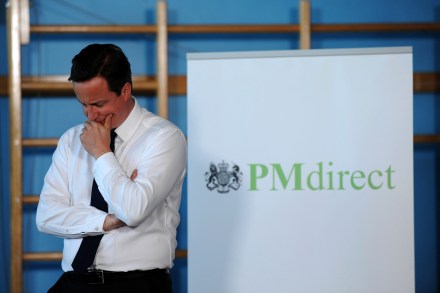Meetings galore
All of a sudden, the coalition partners can’t get enough of their backbenchers. Last night, it was David Cameron meeting the 1922 Committee to reassure them about their mutual relationship. And, today, Nick Clegg is going on an “away day” with that half of his party which isn’t in government, all to explain his close affair with the Tories. Presumably, flowers and chocolates will be involved. The Clegg meeting, in particular, is worth dwelling on – and Sam Coates and Greg Hurst do just that in an insightful article for this morning’s Times. For those who can’t travel beyond the paywall, here’s the line which stands out: “Lib Dem MPs




















